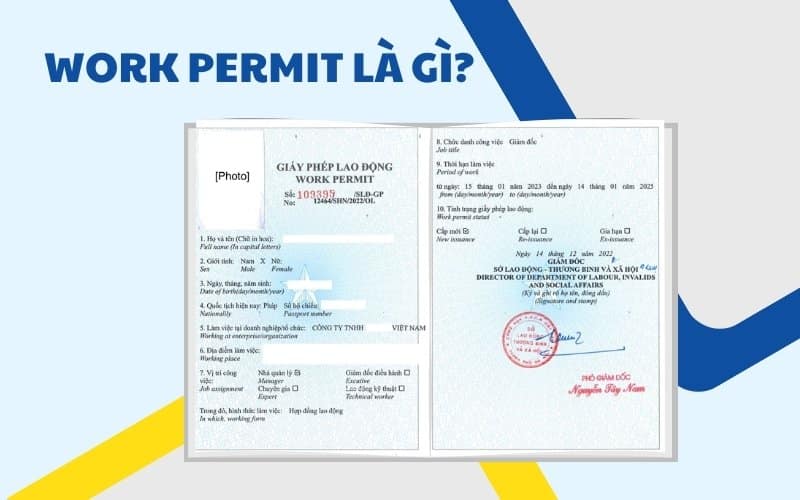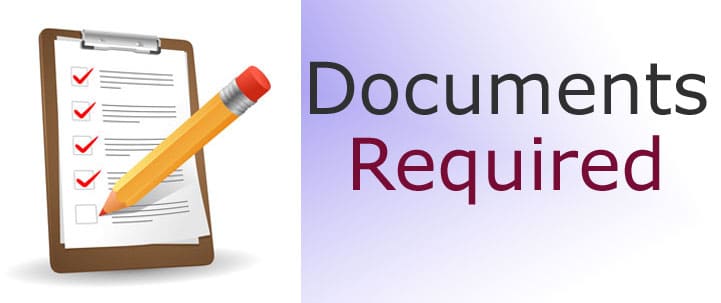Work Permits in Vietnam: A Comprehensive Guide for Expatriates
Vietnam has emerged as a significant destination for expatriates seeking employment opportunities due to its booming economy and diverse job market. However, navigating the process of obtaining a work permit can be complex and daunting for foreign workers. Understanding the legal requirements and procedures for acquiring a work permit is essential not only for expatriates but also for employers wishing to hire foreign talent. This comprehensive guide provides an overview of the work permit process in Vietnam, along with essential information on compliance consulting for foreign workers.
Understanding Work Permits in Vietnam
A work permit in Vietnam is a legal document issued by the Vietnamese government that allows foreign nationals to work in the country. Work permits are required for foreign employees who intend to work in Vietnam for more than 90 days. The primary purpose of a work permit is to ensure that foreign workers meet specific qualifications and comply with legal regulations set forth by the Vietnamese government.
Types of Work Permits
In Vietnam, there are several types of work permits, categorized based on the employee’s nationality and the level of qualification:
- Work Permit for Foreign Workers: This is the most common type of permit issued to expatriates. It is granted to skilled workers who meet specific qualifications and experience requirements.
- Work Permit for Regional Heads: For foreign workers who are assigned to work in Vietnam as part of a regional management team.
- Work Permit for Internal Transferees: This applies to employees transferred from a foreign branch or subsidiary to a branch or subsidiary in Vietnam.
- Special Case Work Permits: Issued in specific circumstances for foreign workers with expertise in particular fields, including those in accordance with international treaties or agreements.

Eligibility Criteria for Obtaining a Work Permit
To be eligible for a work permit in Vietnam, foreign workers must meet the following criteria:
- Qualifications and Experience: The applicant must possess the necessary qualifications, skills, and working experience related to the position they will occupy in Vietnam. Typically, this includes having a university degree or relevant vocational qualifications.
- Health Requirements: Applicants must undergo a health check to prove they are in good health and do not have any infectious diseases.
- Criminal Background Check: A criminal history check is necessary to demonstrate that the applicant does not have a criminal record.
- Employment Contract: The applicant must have a signed labor contract with a Vietnamese employer that specifies the terms of employment, salary, and job responsibilities.
- Company Eligibility: The employing company must be legally registered in Vietnam and authorized to employ foreign workers.

The Work Permit Application Process
The process to obtain a work permit in Vietnam involves several key steps:
Step 1: Prepare Required Documentation
Before applying for a work permit, expatriates must gather the necessary documents, which typically include:
- Application form: A completed work permit application form (issued by the Ministry of Labor, Invalids and Social Affairs of Vietnam).
- Health Certificate: A health certificate issued by a recognized healthcare provider, confirming the applicant’s medical fitness for employment.
- Criminal Record: A valid police clearance certificate from the applicant’s home country or the country where they have lived for the past six months.
- Educational Qualifications: Documents verifying the applicant’s education, experience, and qualifications relevant to the job in Vietnam (such as diplomas and degrees).
- Employment Contract: A copy of the signed labor contract between the employee and employer.
- Company Registration Certificate: A certified copy of the employing company’s business registration certificate.
Step 2: Submit the Application
Once all necessary documentation is compiled, the employer must submit the work permit application to the local Department of Labor, Invalids and Social Affairs (DOLISA) where the company is registered. The application should be submitted at least 15 days before the expatriate is due to commence work.

Step 3: Await Approval
The processing time for work permits can vary but typically takes around 5 to 7 working days. If approved, the employer will receive the work permit, which will specify the employee’s name, position, and validity period.
Step 4: Obtain a Temporary Residence Card
Upon receiving the work permit, the expatriate may apply for a temporary residence card, which acts as a visa and allows them to live and work in Vietnam for the duration of the work permit.
Validity and Renewal of Work Permits
A work permit in Vietnam is generally valid for a maximum of two years, depending on the employment contract duration. It is crucial for expatriates to keep track of their work permit‘s expiration date and initiate the renewal process at least 30 days before expiration. The renewal application requires similar documentation as the initial application, along with the expired work permit.
Compliance Consulting for Foreign Workers
Navigating Vietnam’s legal requirements surrounding work permits can be complex. Compliance consulting services can facilitate the process for both expatriates and employers by:
- Providing Guidance: Compliance consultants can help expatriates understand the work permit process, eligibility criteria, and required documents, ensuring that all regulatory requirements are met.
- Document Preparation: Consultants assist in gathering and compiling necessary documentation for the work permit application, reducing the risk of errors or omissions.
- Application Submission: Experienced consultants can navigate the submission process on behalf of expatriates and employers, ensuring that the application is submitted correctly and on time.
- Renewal and Compliance Management: Ongoing compliance consulting ensures that expatriates remain aware of regulations related to work permit renewals and any changes to labor laws in Vietnam.
- Crisis Management: In the event of a work permit dispute or compliance issue, consultants can provide legal strategies and solutions to navigate challenges effectively.
Conclusion
Obtaining a work permit in Vietnam is a crucial step for expatriates looking to work legally in the country. By understanding the requirements, processes, and legal considerations involved, foreign workers can navigate the complexities of the Vietnamese regulatory landscape more effectively. Engaging compliance consulting services can streamline the process, ensuring that expatriates and employers comply with all legal obligations and navigate potential obstacles. With the right support and preparation, foreign workers can contribute positively to Vietnam’s dynamic economy while enjoying their professional experience in this vibrant country.
